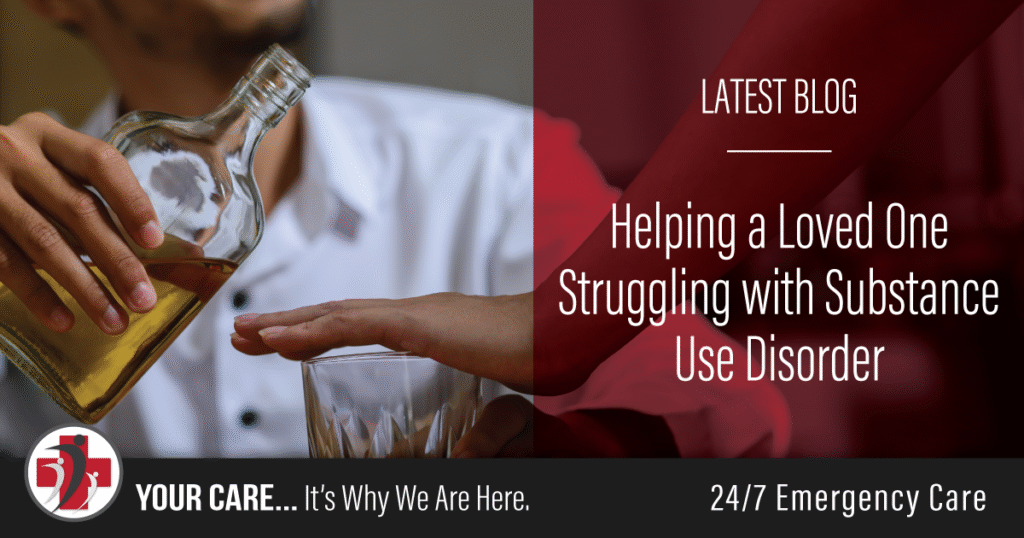With an estimated 16.5% of the United States population struggling with a substance use disorder (SUD), chances are you have a friend or other loved one affected by this condition. As positive as your intentions may be, it can be difficult to know how to best help someone who is struggling with substance abuse.
The first step in supporting your loved one is to learn and understand what substance use disorder is, and what it’s not.
What SUD is:
- Treatable
- A mental condition that leads to a person’s inability to control substance use, despite negative consequences
- A disorder that can co-occur with other mental disorders
- Often surrounded by shame and stigma
- A condition that can be genetic, or triggered by environmental stressors
What SUD is not:
- A lack of discipline or willpower
- An automatic lifetime sentence of substance abuse
- A choice
- Selective about what “kind” of people it affects
Recognizing the basic facts about substance use disorder is an important first step in your effort to support your loved one.
For more information, Fountain Hills Medical Center recommends consulting reliable sources such as the National Institute on Drug Abuse (NIDA) or the Substance Abuse and Mental Health Services Administration (SAMHSA). Beyond that, here are some ways you can help:
-
Show you care rather than judge
Your loved one living with a SUD probably experiences daily shame and guilt, and hearing these sentiments from you is unlikely to help. Instead, try using “I” statements such as, “I am worried about you” or “I feel concerned when I see you struggle.”
-
Be patient
Addiction requires long-term commitment and dedication, and sobriety is a lifelong effort. Setbacks and relapses are common, but success is possible with endurance, and support from loved ones. We recommend celebrating small victories and milestones along the way.
-
Simply listen
Your loved one will appreciate the “safe space” you provide for them to express their feelings and hardships. Being heard, without being judged, can be healing and helpful.
-
Recognize what’s above your pay grade
You can’t, and shouldn’t, be your loved one’s only source of encouragement. If they’re not receiving help from other support avenues, offer to help connect them with resources to help. The Fountain Hills Medical Center can be a good place to start. We can assess the health, condition, and medications of your loved one to screen for other complicating factors. We’ll then provide connections to substance use treatment in Fountain Hills as well as other resources to support them, and you. You can make an appointment, or simply walk into our primary care center in Fountain Hills. We can help them understand that seeking help is a sign of strength, not weakness.
Your friend or family member has a long journey ahead of them, and your support can help them be ultimately successful in becoming victorious over their substance abuse. They’re not alone, and you’re not alone.
If your loved one needs help right away,
they can call the SAMHSA National Helpline at
1-800-662-HELP (4357).
Sources
- NIDA.NIH.GOV | National Institute on Drug Abuse (NIDA)
- SAMHSA – Substance Abuse and Mental Health Services Administration
- Survey: Most Americans with substance use disorders don’t receive treatment | AHA News
- Substance Use and Co-Occurring Mental Disorders – National Institute of Mental Health (NIMH)
- [Box], EXHIBIT 3.23. Myths Versus Truths About SUDs – Counseling Approaches To Promote Recovery From Problematic Substance Use and Related Issues – NCBI Bookshelf

